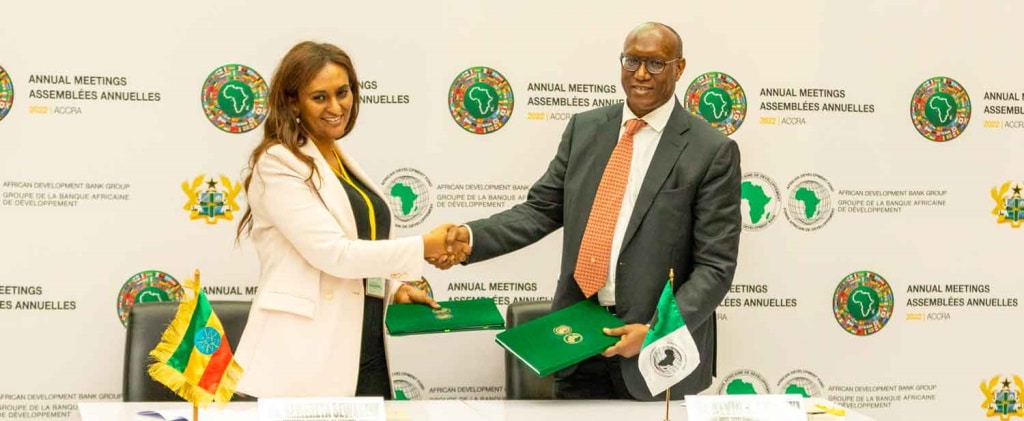The US$830,000 grant agreement was signed by Semereta Sewasew, Ethiopia’s Minister of State, Ministry of Finance and Kevin Kariuki, the African Development Bank (AfDB) Vice President for Power, Energy, Climate and Green Growth. This was on the sidelines of the recently concluded AfDB Annual Meetings in Accra, Ghana.
The grant awarded by the pan-African bank comes from the Climate Investment Funds (CIF) pilot programme, of which the AfDB is one of the implementing agencies. The funding will support the integration of climate risk management, gender and resilience into economic planning and development in the Ziway-Shallah sub-basin. This is a closed water basin located in the Central Rift Valley of Ethiopia and is the most important wetland in the East African country.
Impact on agriculture
The grant is also intended to support the development of a climate-smart water resources development plan and investment strategy for the sub-basin. The funding will also enable the development of a water allocation plan. This is a major challenge in a context marked by drought, which is increasing water stress in Ethiopia and other countries in the Horn of Africa.
Read also- EAST AFRICA: Drought threatens 20 million people with starvation
And according to forecasts by the UN Food and Agriculture Organisation (FAO), the lack of rainfall in the region, even during the rainy season, is expected to continue at least until next year, plunging part of the population into a situation of food insecurity.
The AfDB-supported project is expected to “promote efficiency, long-term water security and increase biodiversity in the many lakes in the region. It will also strengthen upstream watershed management,” the Abidjan, Ivory Coast-based bank said. The overall objective is to build climate resilience. The main beneficiaries of this project are communities that depend on rain-fed agriculture.
Jean Marie Takouleu
